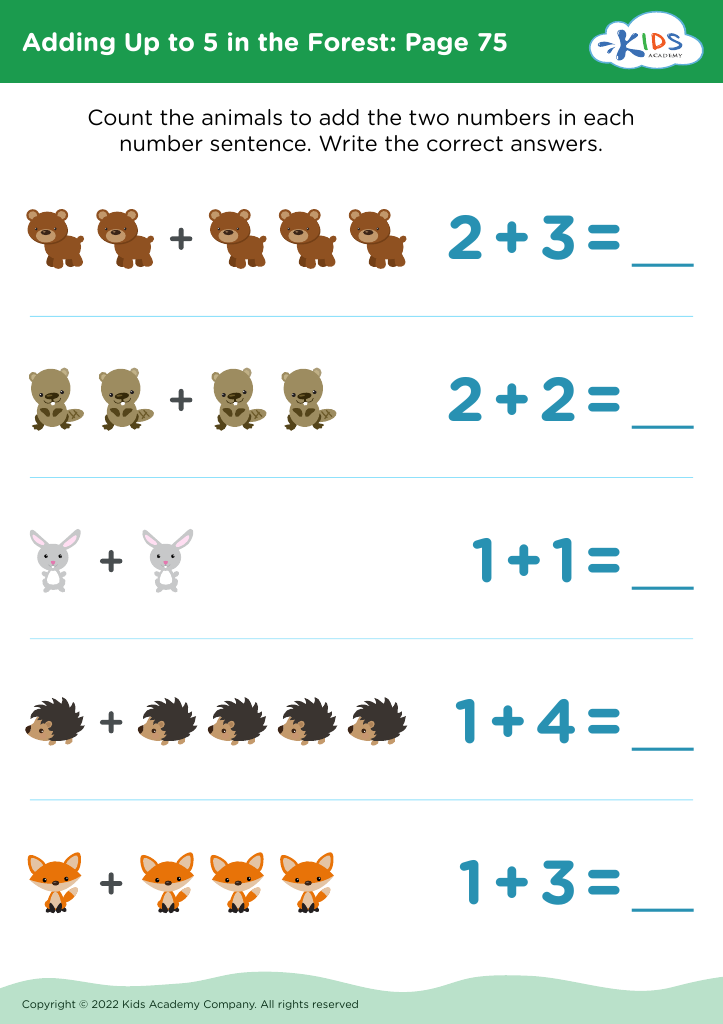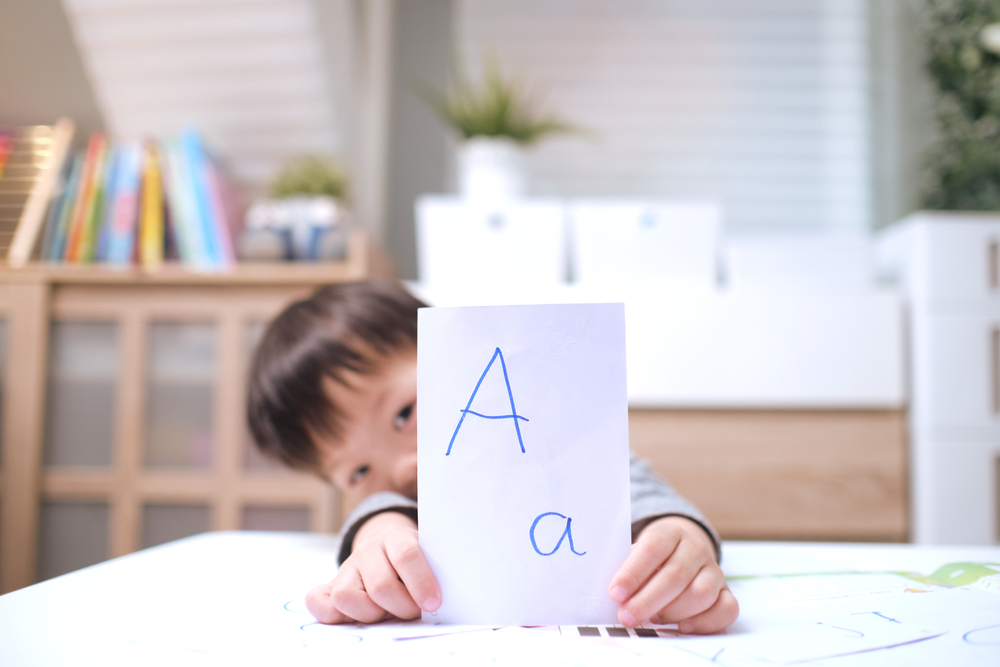Basic math practice Worksheets for Ages 3-7
8 filtered results
-
From - To
Discover the perfect tool to enhance your child's math skills with our Basic Math Practice Worksheets for Ages 3-7. Designed to make learning fun, these printable worksheets cover essential math concepts like counting, addition, subtraction, shapes, and more. Boost your child's confidence and build a strong foundation in math with engaging activities and colorful illustrations. Crafted by educational experts, our worksheets cater to preschoolers and early elementary children, making math practice enjoyable and effective. Easily accessible online, these free resources are perfect for parents and teachers to support young learners. Start their math journey today!


Sort and Count to the Moon Worksheet
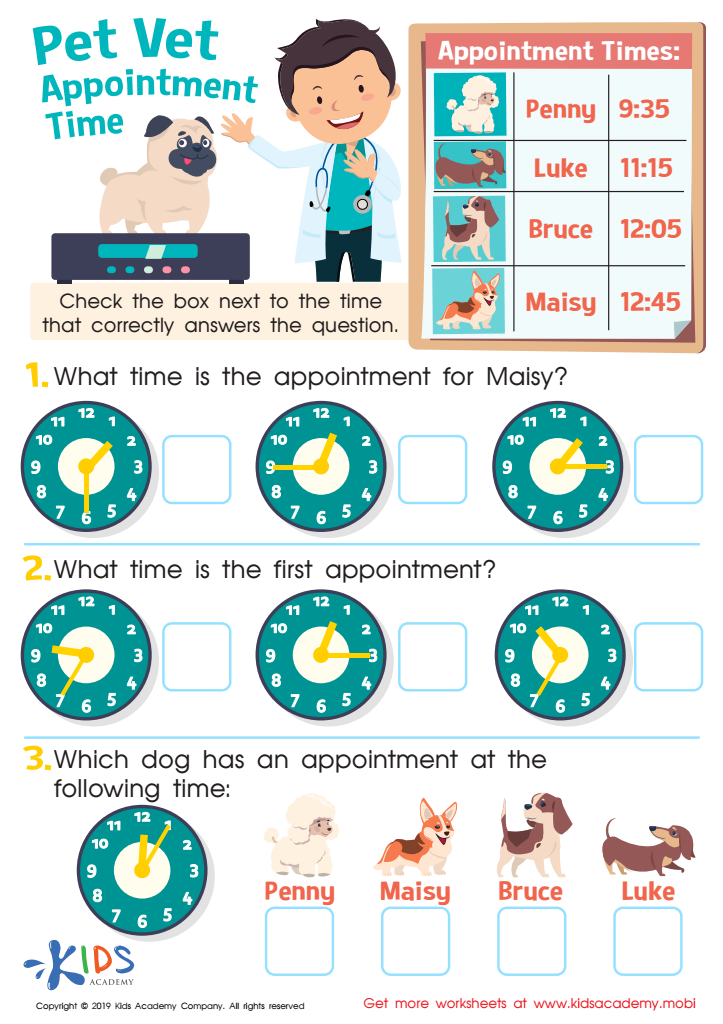

Pet Vet Appointment Time Worksheet
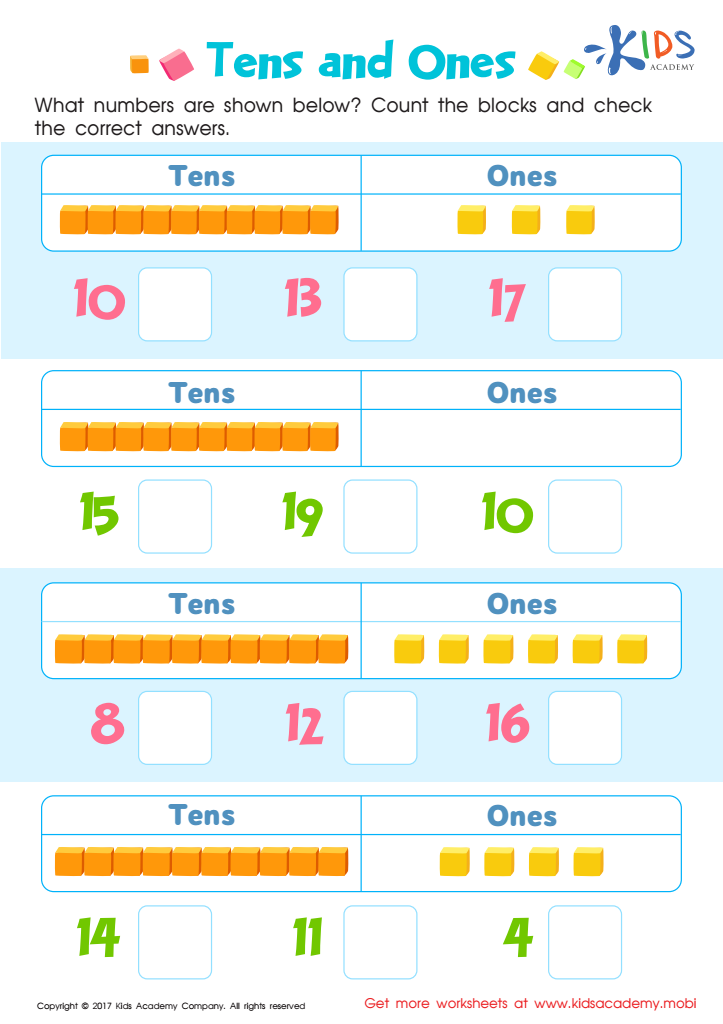

Tens and Ones Worksheet
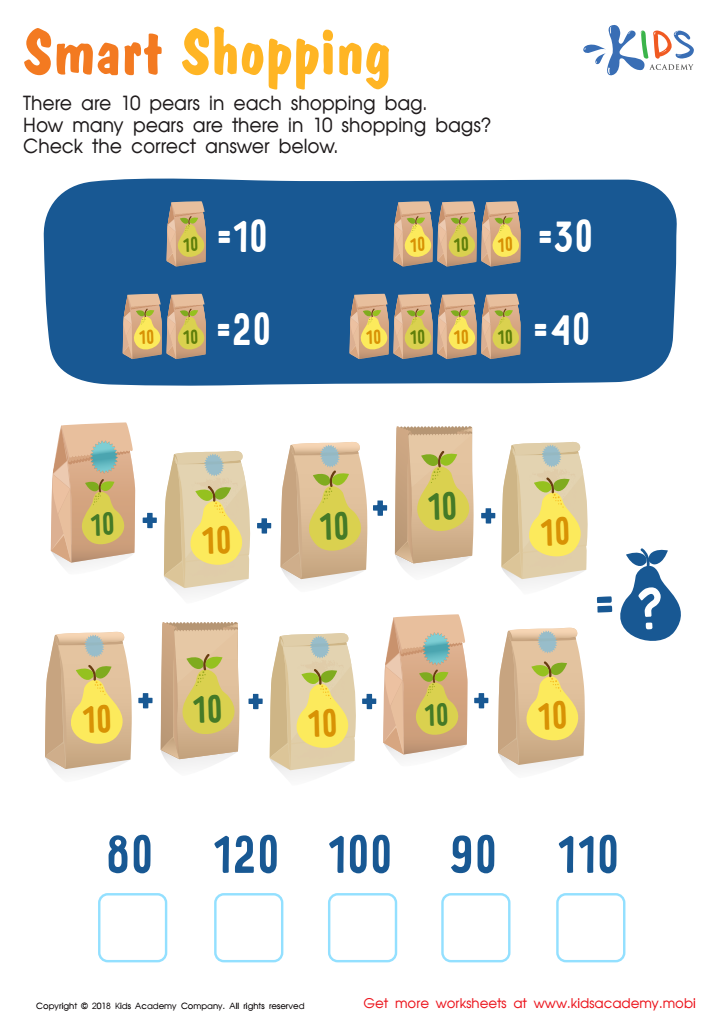

Smart Shopping: Trade Tens for a Hundred Worksheet
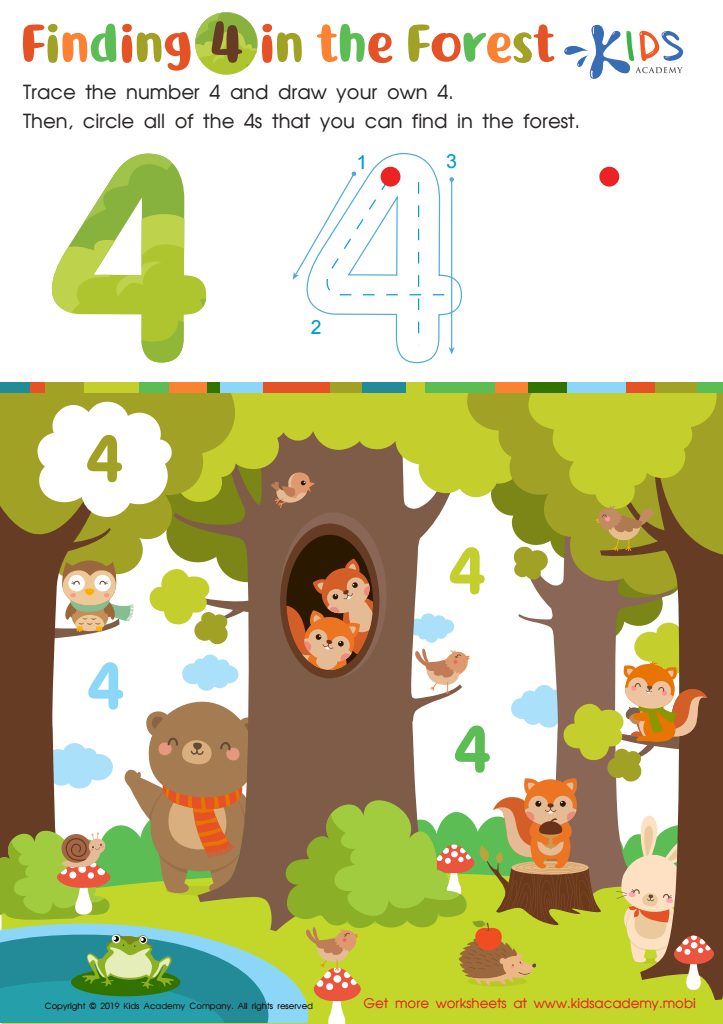

Finding 4 in the Forest Worksheet
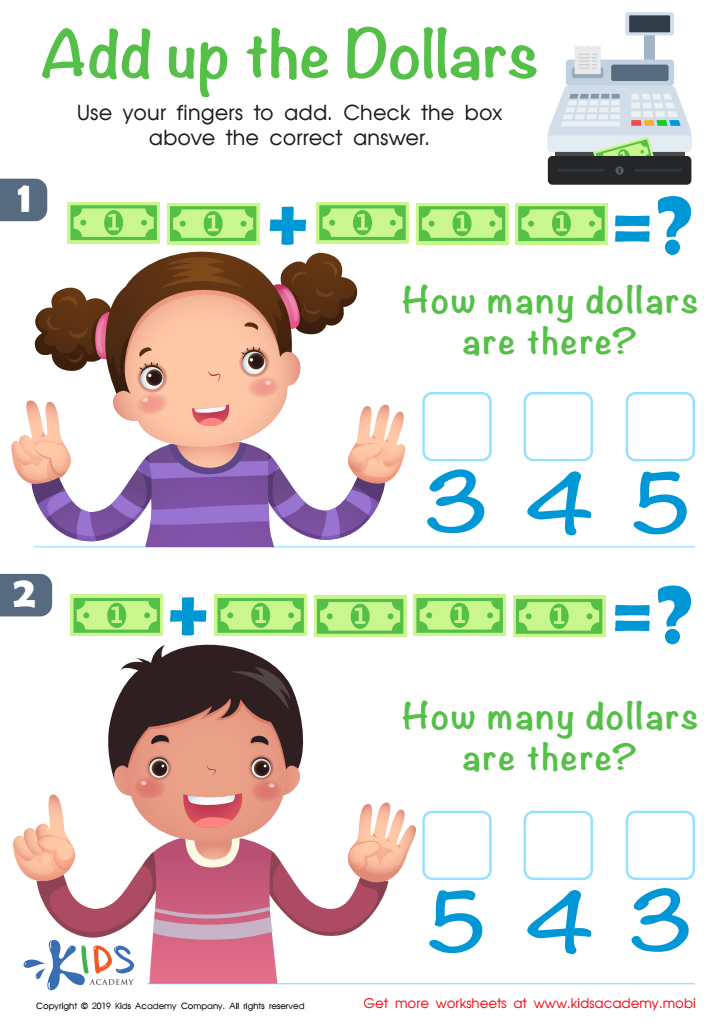

Add up the Dollars Worksheet
Basic math practice for children aged 3-7 is fundamental for their cognitive development. During these early years, young minds are highly receptive and are building the crucial foundational skills that will support their future learning. Math in early childhood goes beyond just numbers; it encompasses pattern recognition, spatial awareness, and logical thinking.
By introducing children to math concepts early, parents and teachers help foster a positive attitude toward the subject, reducing anxiety and increasing confidence. Activities like counting objects, recognizing shapes, and solving simple puzzles can spark curiosity and foster a love for learning.
In addition, early math practice supports the development of other essential skills. For example, counting and number games improve fine motor skills, while working with patterns and sequences enhances problem-solving abilities. Additionally, these activities bolster memory and attention span, which are critical for later academic achievement.
In essence, investing time in basic math practice for young children equips them with tools for higher-order thinking and problem-solving. It lays the groundwork not just for future math success but also for lifelong learning and critical analysis skills. Parents and teachers who prioritize early math education set children up for a brighter academic future and a greater appreciation for the world around them.

 Assign to My Students
Assign to My Students



